How to Overcome Dental Anxiety?


Understanding Dental Anxiety
Dental anxiety is a widespread issue that affects many individuals, causing significant distress when it comes to visiting the dentist. This section explores the causes and impact of dental anxiety.
Causes of Dental Anxiety
Several factors contribute to dental anxiety. Common reasons include:
- Fear of pain
- Anxiety related to injections
- Worries about anesthetic side effects
- Feelings of helplessness during treatment
- Embarrassment related to oral hygiene or dental issues
These factors can create a challenging environment for patients, often leading to avoidance of dental care. Additionally, studies indicate that dental fear may have a genetic component, as well as associations with certain personality traits. For instance, anxiety is found to be more heritable in girls than in boys. Individuals with high levels of neuroticism or who are introverted tend to experience higher levels of dental anxiety [2].
Impact of Dental Anxiety
Dental anxiety is a significant public health concern, impacting approximately 36% of the population. In some cases, up to 12% of individuals experience extreme dental fear [3]. This anxiety can serve as a barrier to regular dental visits, leading to poor oral health outcomes and the potential need for specialized dental care.

The emotional and psychological burdens of dental anxiety can hinder necessary treatment, emphasizing the importance of understanding and addressing this condition. Learning how to overcome dental anxiety can significantly improve dental experiences and overall oral health.

Overcoming Dental Anxiety Through Relaxation Techniques
Dental anxiety affects many individuals, often leading them to avoid necessary dental care. However, implementing relaxation techniques can significantly alleviate stress and improve the dental experience.
Communication with Dentists
Effective communication between a patient and their dentist plays a vital role in reducing anxiety. Dentists encourage patients to be open about their fears and concerns regarding dental procedures. This transparency fosters an understanding atmosphere, allowing the dentist to tailor their approach and techniques to better address individual needs.
Additionally, patients are encouraged to discuss any specific techniques that may help them feel more comfortable during their visit. For instance, they might request breaks during treatment or updates about what is happening throughout the procedure. Clear communication can lead to a feeling of control, which is essential for managing anxiety.
Some suggested methods for improving communication include:

Distraction Techniques
Distraction techniques can also help individuals cope with dental anxiety effectively. Many dentists recommend various methods to redirect a patient's focus away from the dental procedure. Popular distraction methods include:
- Watching movies or television during treatment
- Listening to music or podcasts with headphones
- Practicing breathing exercises during the visit
- Having a friend or family member accompany them for support
Incorporating these techniques allows patients to create a more enjoyable environment while reducing feelings of anxiety. Research indicates that distractions can significantly improve focus and reduce perceived pain during dental visits. For additional self-care practices tailored to managing anxiety, explore our topic on self-care practices for managing dental anxiety.
By utilizing communication and distraction techniques, patients can make strides in overcoming dental anxiety, leading to improved oral health and more positive dental experiences. Regularly visiting the dentist and familiarizing oneself with the process reduces apprehension over time, highlighting the importance of addressing these concerns effectively.

Self-Care Practices for Managing Dental Anxiety
Managing dental anxiety can be transformed through effective self-care practices. Simple adjustments in diet and appointment scheduling can significantly ease the stress associated with dental visits.
Diet and Dental Anxiety
What one consumes can greatly influence their anxiety levels. Incorporating certain foods while avoiding others may help manage dental anxiety. High-protein foods are particularly beneficial as they promote a calming effect on the body. Additionally, avoiding sugary snacks and caffeine can reduce feelings of anxiety, as these items can contribute to nervousness and agitation.

For those seeking strategies on how to overcome dental anxiety, focusing on diet can be a valuable approach [1]. A balanced diet not only contributes to overall health but may also alleviate some of the apprehension associated with dental care.
Scheduling Appointments Strategically
Another effective method involves the strategic scheduling of dental appointments. Opting for times when the dental office is less busy can lead to a more relaxed experience. Early morning or mid-afternoon appointments often result in shorter wait times, which can minimize anxiety.
It's also important to consider spacing out appointments to avoid feeling rushed. Providing ample time between visits allows individuals to mentally prepare, leading to a calmer experience.
Benefits of Strategic Appointment Scheduling:
- Reduced Rushing: Less congestion in the office results in a more personalized and stress-free environment.
- Mental Preparation: Scheduling time for mental readiness helps alleviate last-minute anxiety.
- Consistency: Regular, strategically planned visits can improve comfort levels over time, reinforcing positive dental experiences.
Addressing dental anxiety is vital for maintaining oral hygiene. A proactive approach that includes dietary awareness and thoughtful scheduling can lead to improved dental health over time. For more on why regular checkups are essential, see our article on why you should see a dentist every six months.
Environment and Dental Anxiety
The environment of a dental office plays a significant role in addressing and easing dental anxiety. Factors such as office design and atmospheric elements can create a more soothing experience for patients.
Dental Office Design
The overall design of a dental practice can immensely influence a patient's level of anxiety. Certain colors can evoke different emotions; thus, using cool tones like blue and green can create a sense of calm, while colors like red and yellow may increase tension [4]. Additionally, a tidy, well-organized space can make patients feel more at ease.
Key elements of dental office design include:

Creating a welcoming environment encourages positive interactions with both staff and patients. Facets of interaction, such as warm greetings, can significantly enhance the emotional experience of visiting the dentist.
The Role of Atmosphere Elements
Atmospheric elements in the dental office contribute greatly to minimizing dental anxiety. Factors such as scent, sound, and overall comfort can significantly improve the patient experience.
- Scent: Scent is closely linked with emotions. Using essential oils like lavender, lemongrass, and chamomile can help to freshen the air and create a calm atmosphere [4].
- Sound: Playing soothing music in the background can distract patients from the clinical noises typically associated with dental procedures. This has been shown to reduce anxiety levels.
- Comfort Items: Providing comfort items such as blankets, pillows, or stress-relief toys can enhance the relaxation level during appointments.
- Temperature Control: Maintaining a comfortable temperature in the office is crucial. Patients often feel anxious if they are too hot or cold.
Overall, a dental office that integrates thoughtful design and atmospheric elements can greatly improve patient comfort and help in the management of dental anxiety. Combining these elements with strategies such as effective communication can lead to a more positive dental experience. For more information on managing dental anxiety, consult our resources on how to overcome dental anxiety.
Professional Assistance for Dental Anxiety
For individuals grappling with dental anxiety, professional assistance can be a valuable option. Various interventions, from psychological methods to medication, can help alleviate fears and make dental appointments more manageable.
Psychological Interventions
Psychological strategies can effectively address dental anxiety. One widely accepted method is cognitive behavior therapy (CBT), which combines cognitive therapy with behavior modification to help alter negative thought patterns. CBT is recognized as one of the most effective approaches for treating anxiety and phobias, including dental anxiety [2].
Techniques under this umbrella include relaxation methods, guided imagery, and biofeedback. Relaxation techniques like muscular relaxation and autogenic relaxation can help individuals maintain calm during their dental visits. Exposure-based treatments can gradually confront fears, enabling better emotional regulation when faced with dental procedures.

Individuals may consider discussing these options with their dentist or a mental health professional experienced in managing dental fears.
Pharmacological Options
For some patients, pharmacological options may be necessary to address severe anxiety or dental phobia. Medications such as oral anxiety relievers like temazepam may be prescribed to help individuals relax before their dental appointments. Generally, this short-acting medication is taken one hour prior to the appointment, after consulting with a healthcare provider [6].
In addition to oral medications, dentists can also offer light sedation techniques. Options like relative analgesia (commonly known as "happy gas") or conscious sedation (twilight sedation) can be useful in alleviating anxiety during more extensive procedures. In extreme cases, general anesthesia may be indicated.

Utilizing a combination of these psychological and pharmacological strategies may help individuals overcome their anxiety and improve their overall dental health. Regular visits to the dentist are crucial, and knowing how to manage anxiety can make these visits less daunting. For additional information on the importance of routine dental care, explore our article on why you should see a dentist every six months.
Addressing Dental Anxiety for Better Oral Health
Understanding and addressing dental anxiety is crucial for maintaining optimal oral health. Avoiding dental visits due to anxiety can have significant repercussions, affecting both oral hygiene and the overall health of an individual.
Impact on Oral Hygiene
Individuals suffering from dental anxiety may struggle to maintain regular oral hygiene routines. This avoidance can lead to a variety of dental issues, including cavities, gum disease, and other preventable problems. According to observations, neglecting dental care often worsens existing conditions, making future treatments more complex and costly. This connection reveals that mental well-being directly influences oral health.

Neglecting preventive care can result in more missing and decayed teeth. Addressing dental anxiety enables individuals to establish better habits, leading to improved oral hygiene and a healthier mouth.
Importance of Regular Dental Visits
Regular dental visits play a pivotal role in maintaining oral health. For those experiencing anxiety, establishing a consistent schedule can aid in detecting issues before they escalate into serious problems. Regular check-ups help in preventing dental emergencies that may occur due to ignored symptoms. The general recommendation for dental visits is twice a year, but this may vary based on individual needs.
In avoiding care, the result can be unfamiliar pain, anxiety, and potential phobia that complicates future dental appointments. Research indicates that approximately 36% of the population experiences dental anxiety, with many delaying care until emergencies arise [2]. This makes it essential to prioritize routine dental care to not only manage anxiety but also promote overall oral health.
For those interested in understanding the necessity of regular visits, check out our article on why you should see a dentist every six months. Maintaining regular appointments can help mitigate anxiety and ensure a healthier dental experience.
References
[1]: https://chambleedental.com/blog/relaxation-techniques-for-dental-anxiety/
[2]: https://www.ncbi.nlm.nih.gov/pmc/articles/PMC5586885/
[3]: https://www.healthline.com/health/anxiety/dental-anxiety
[4]: https://vprestondental.com/how-your-dentists-office-environment-can-calm-dental-anxiety/
[5]: https://www.ncbi.nlm.nih.gov/pmc/articles/PMC4790493/
[6]: https://www.betterhealth.vic.gov.au/health/conditionsandtreatments/dental-anxiety-and-phobia
[7]: https://www.smilesbystylos.com/blog/communicating-your-dental-fears-how-to-talk-to-your-dentist-about-your-anxiety/
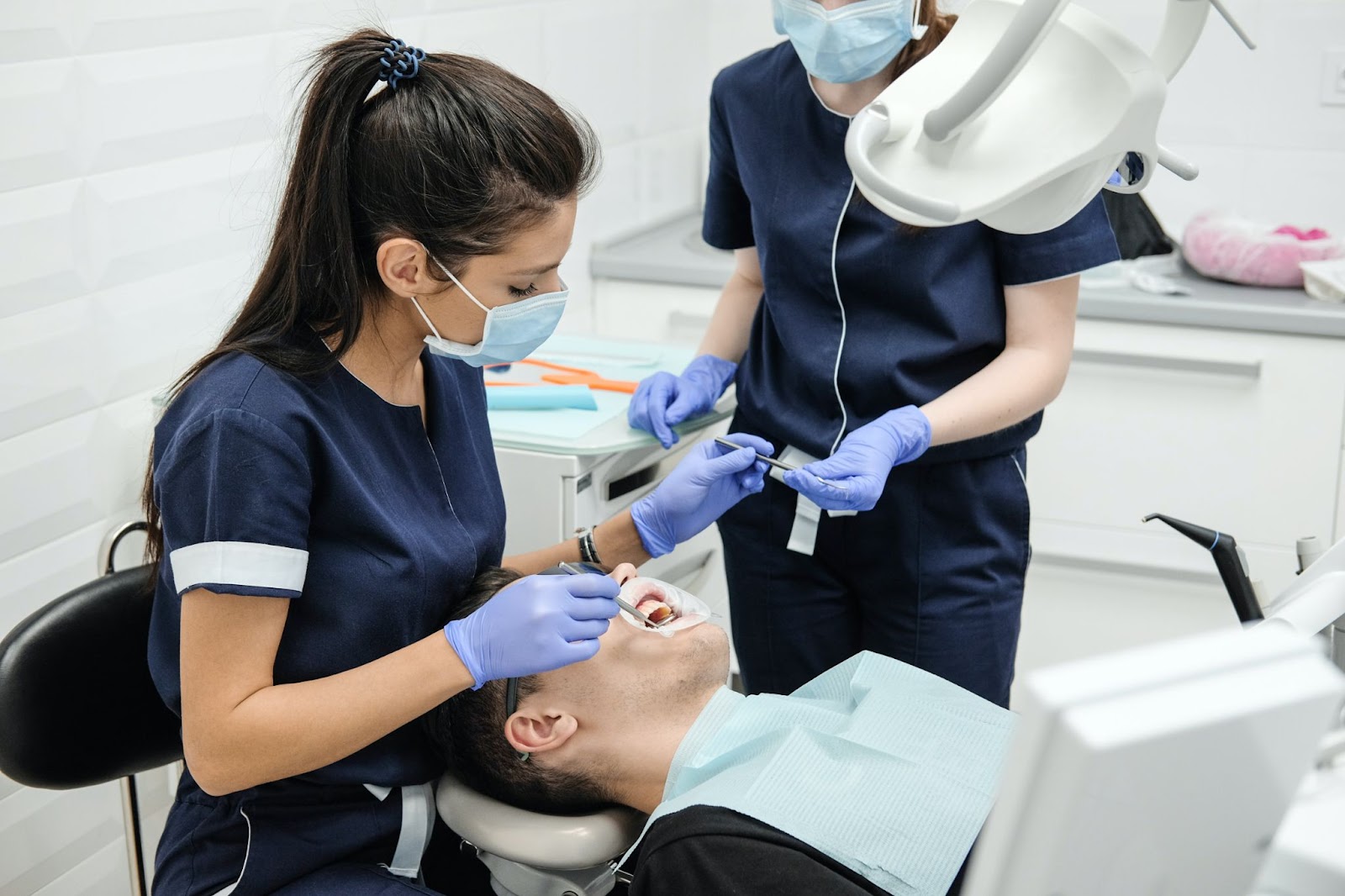



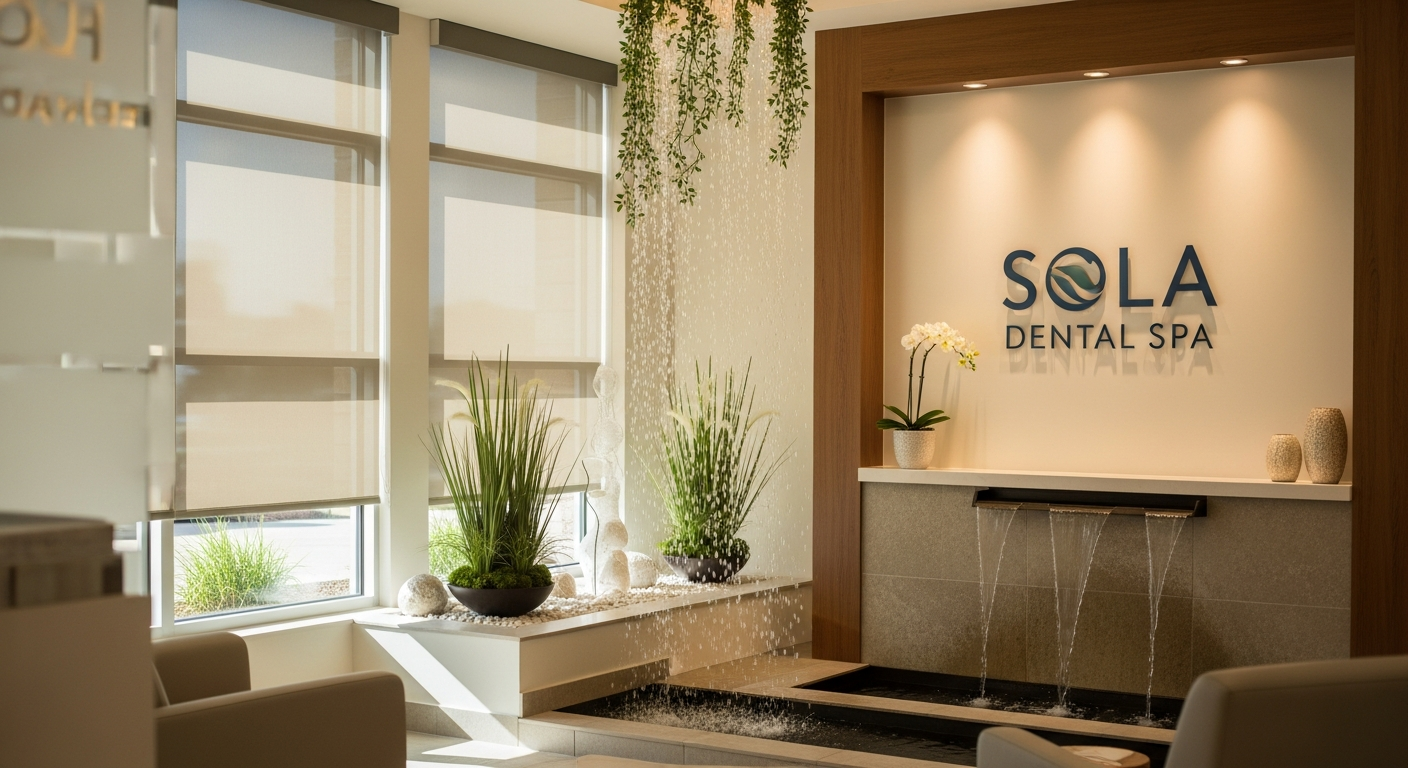
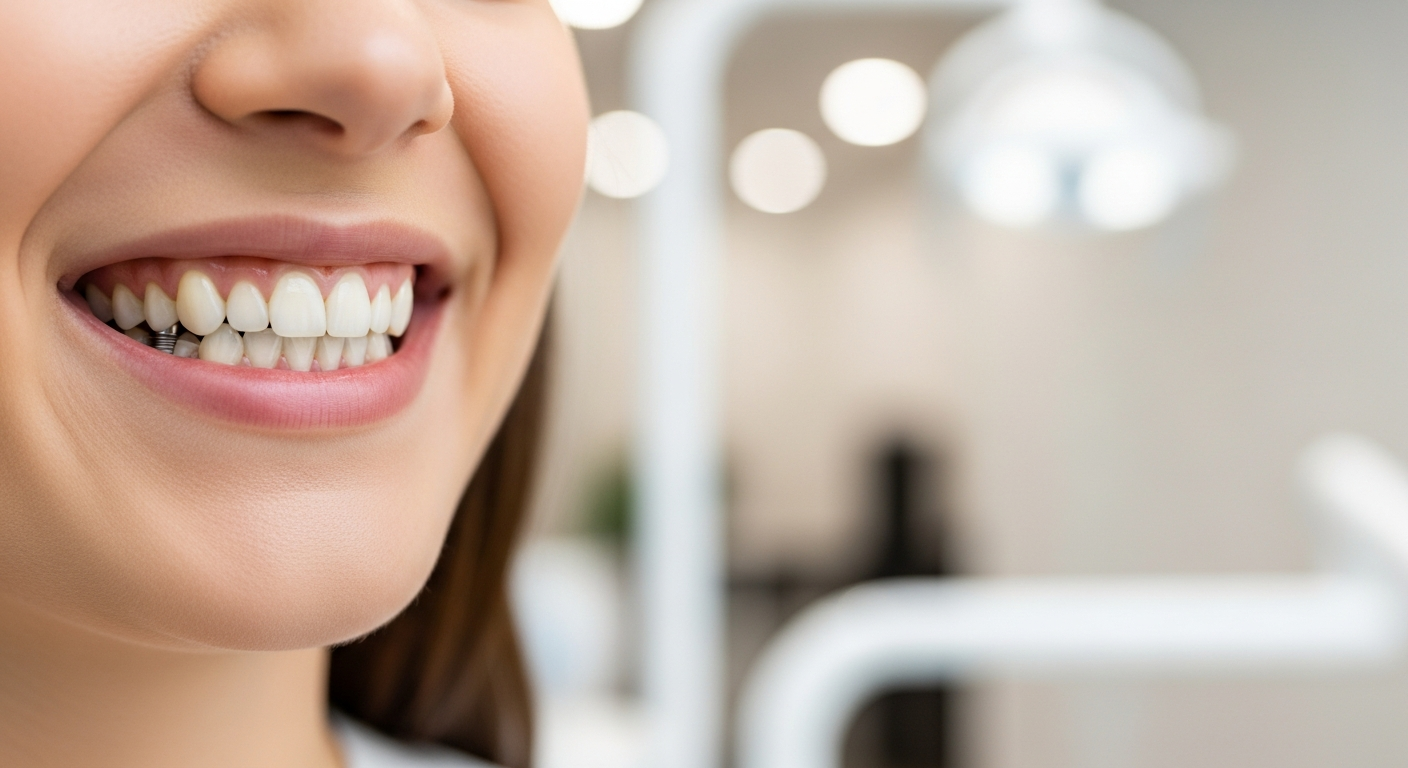
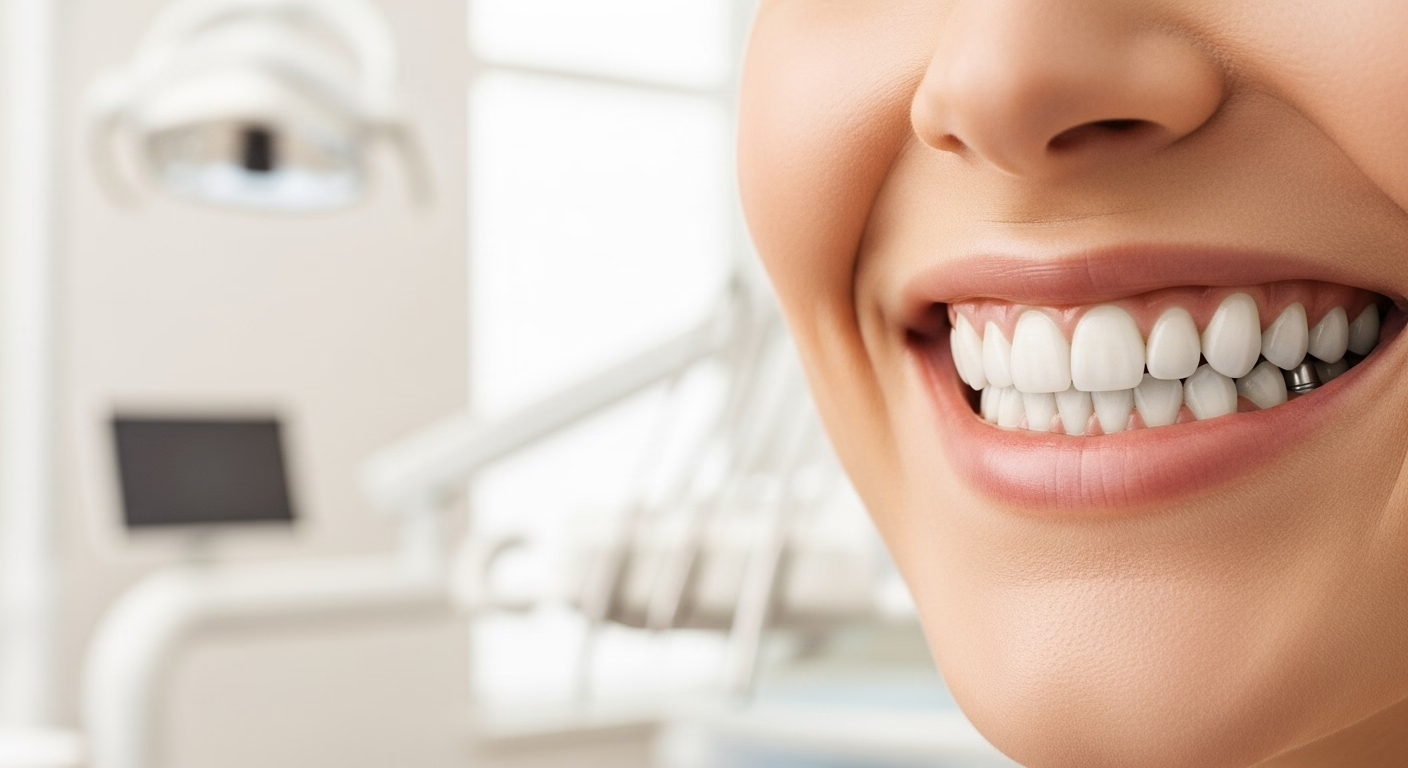
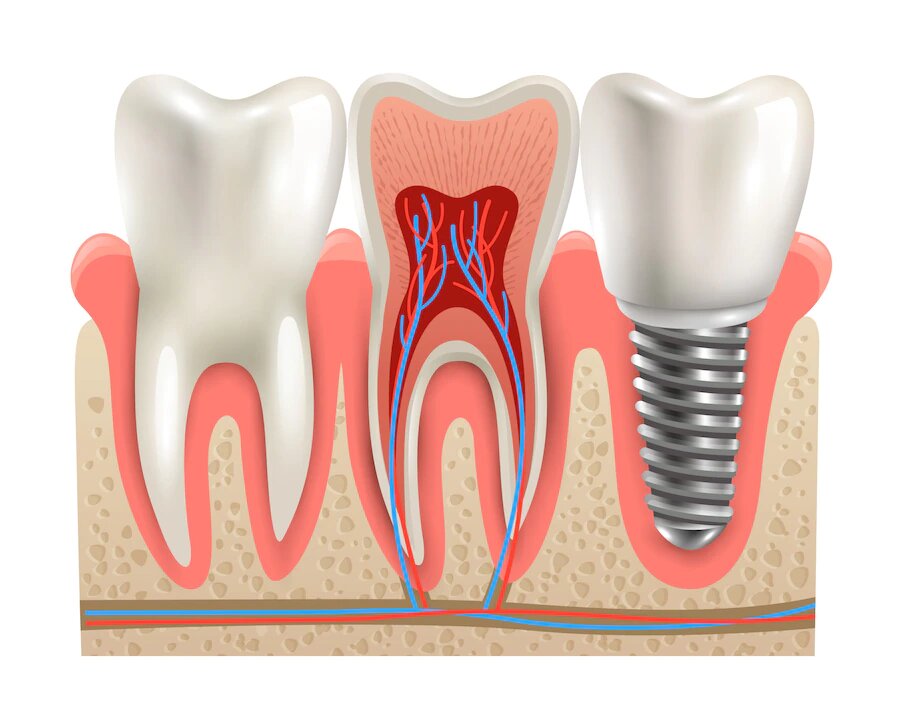
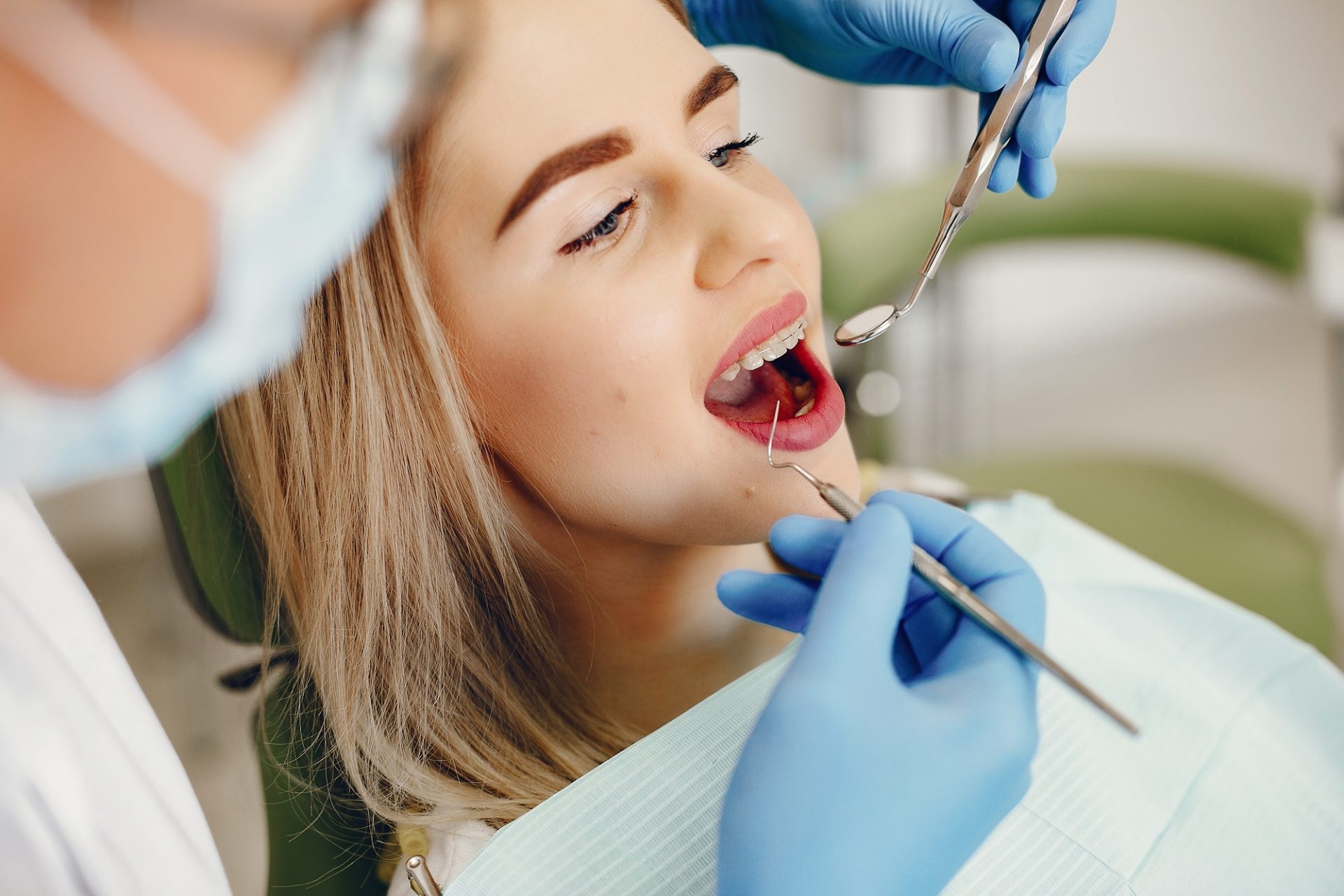



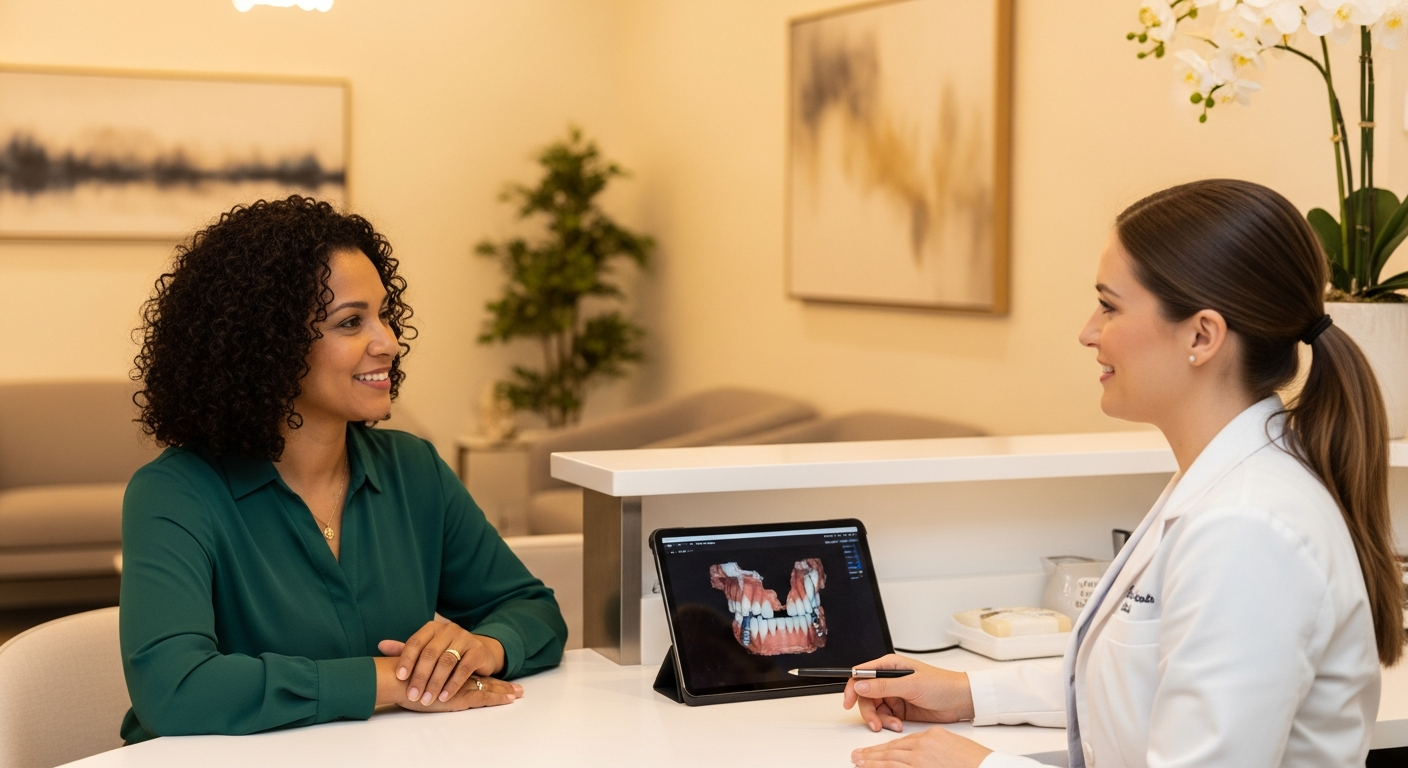



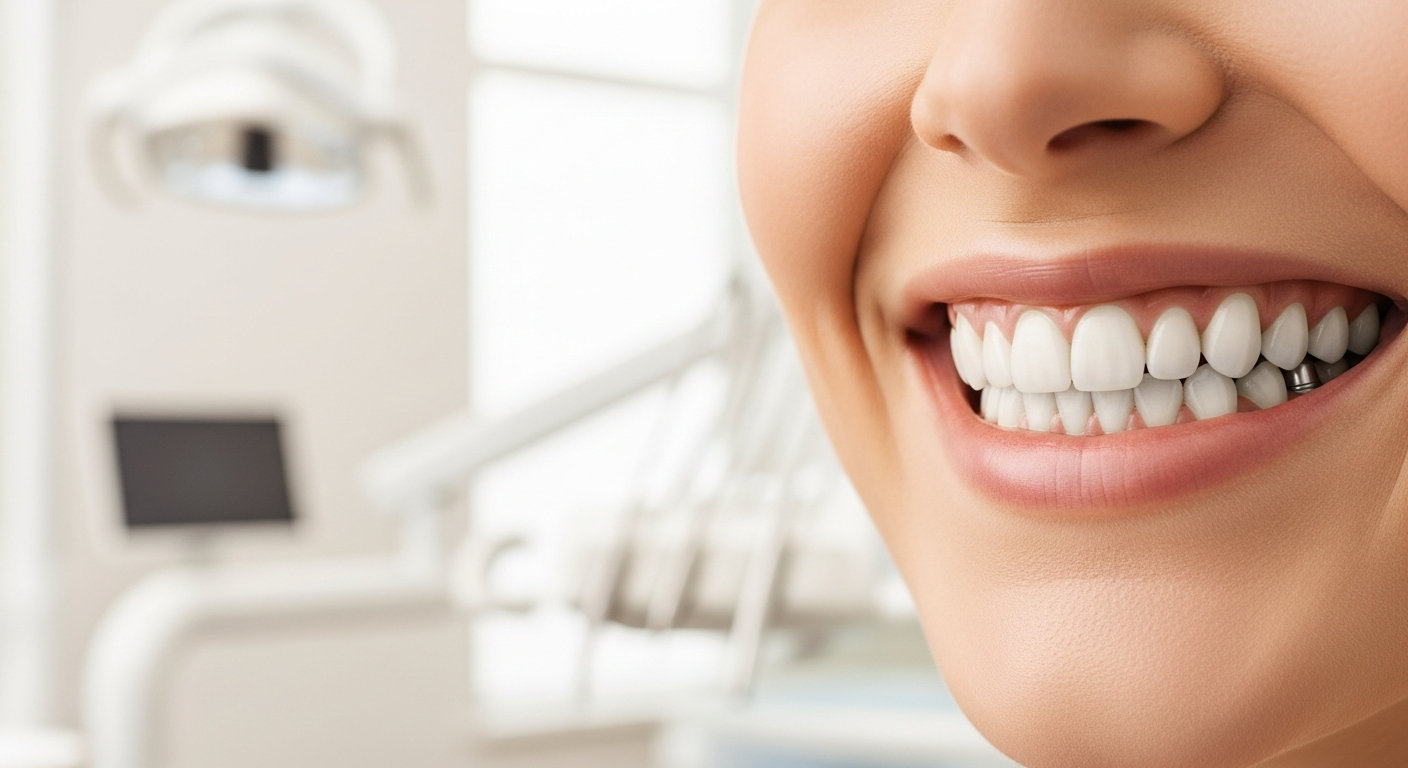

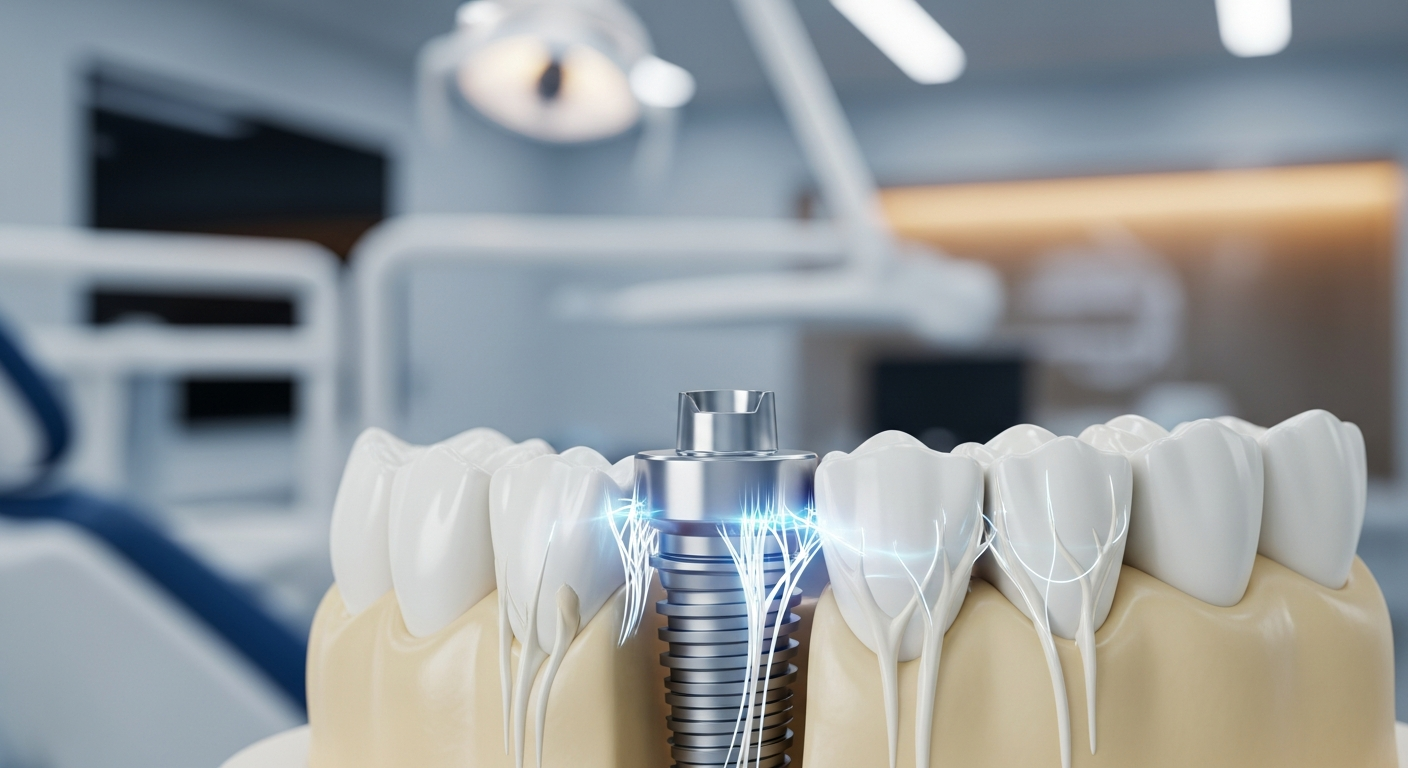
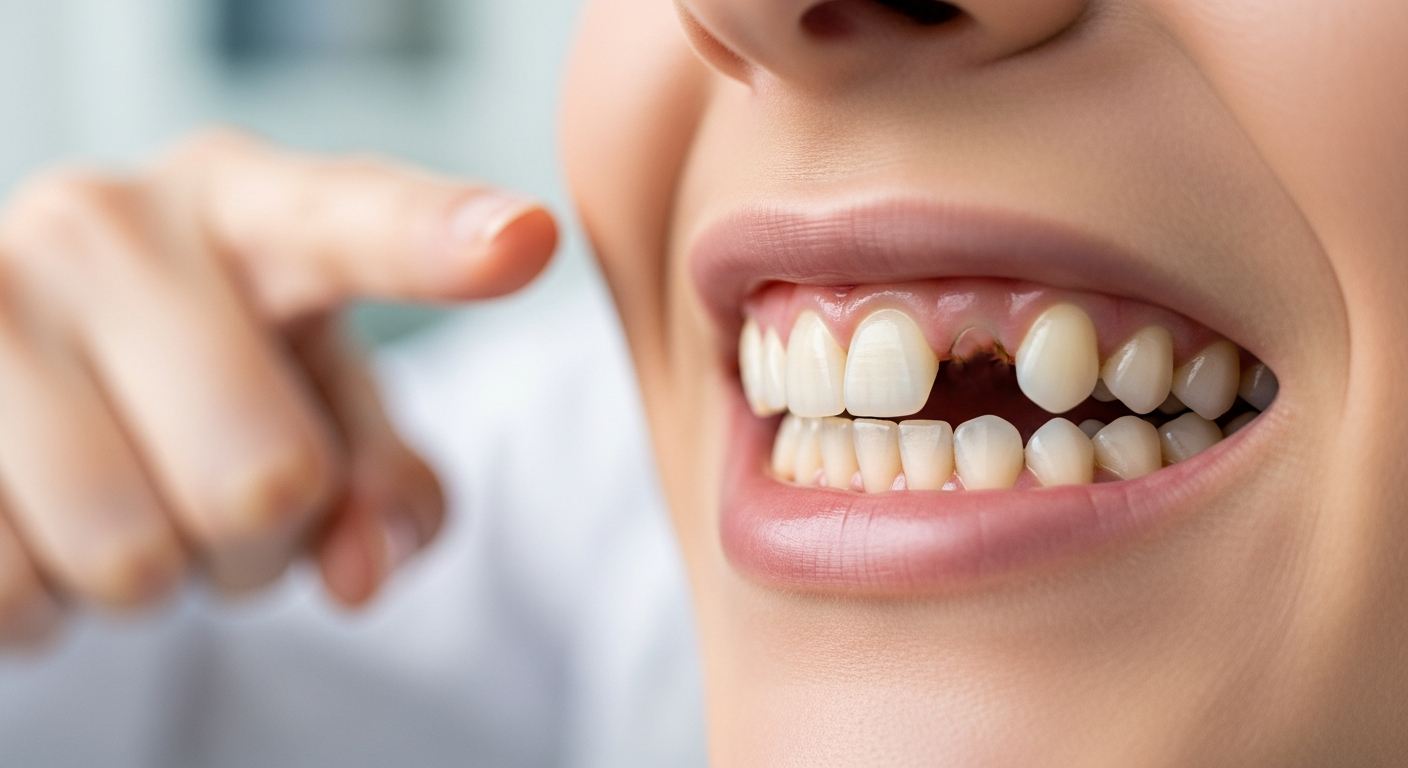





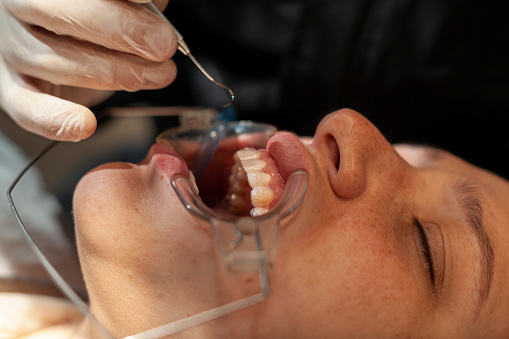

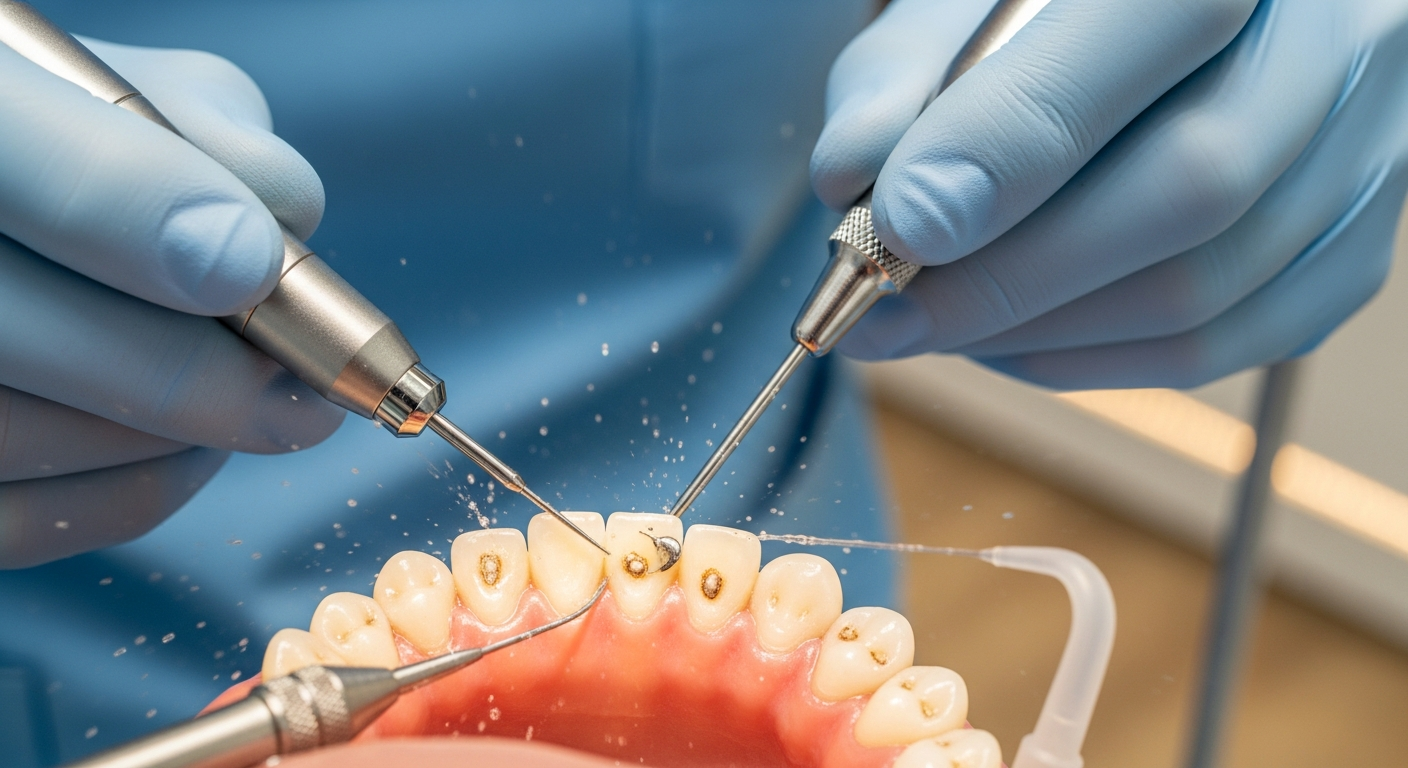

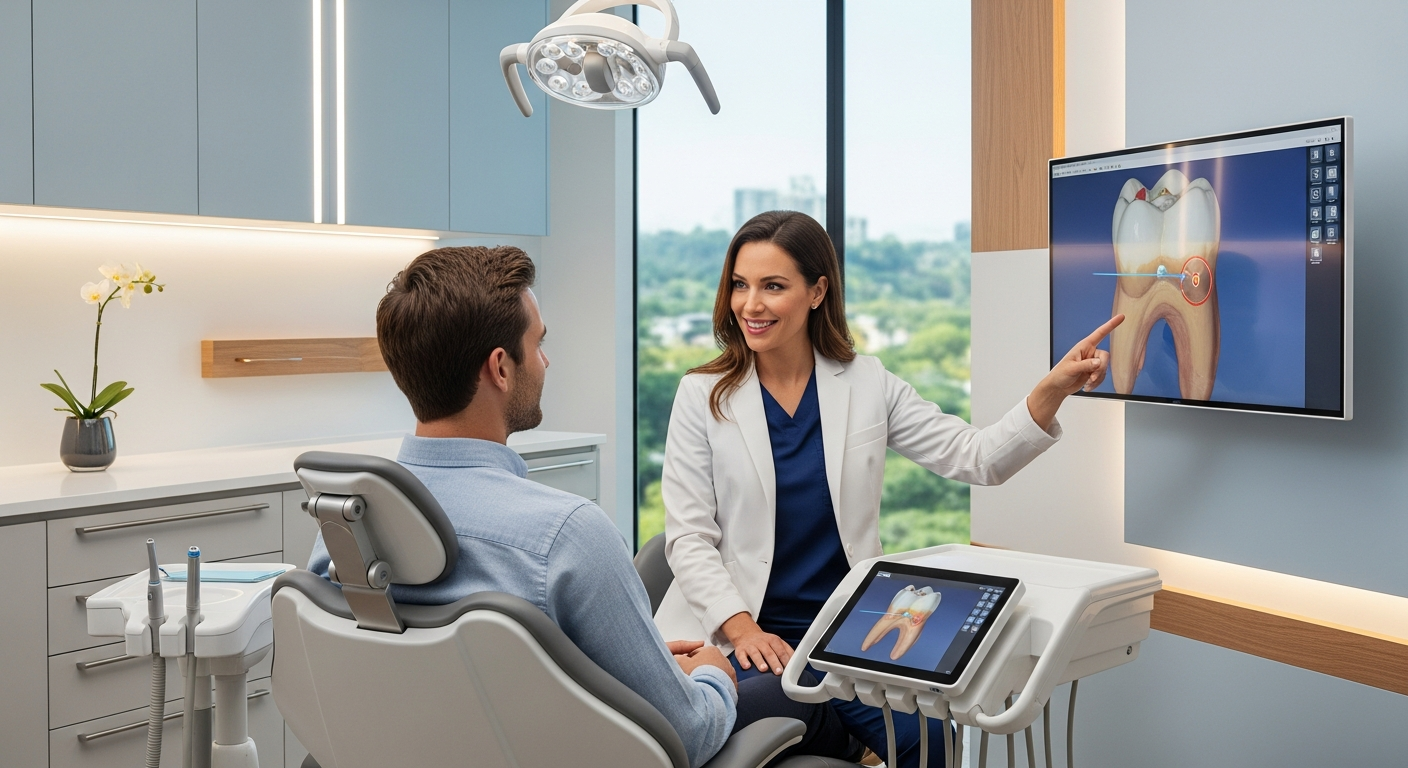
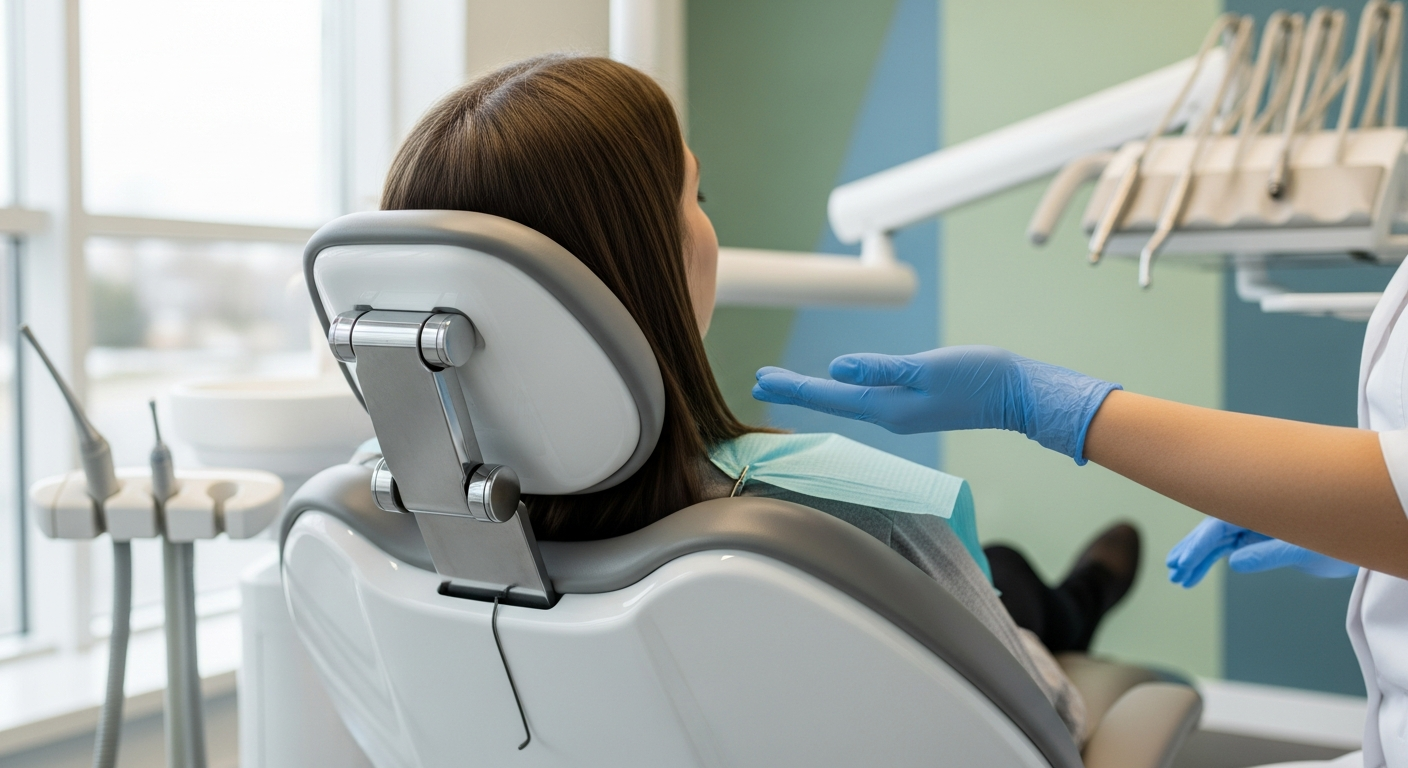

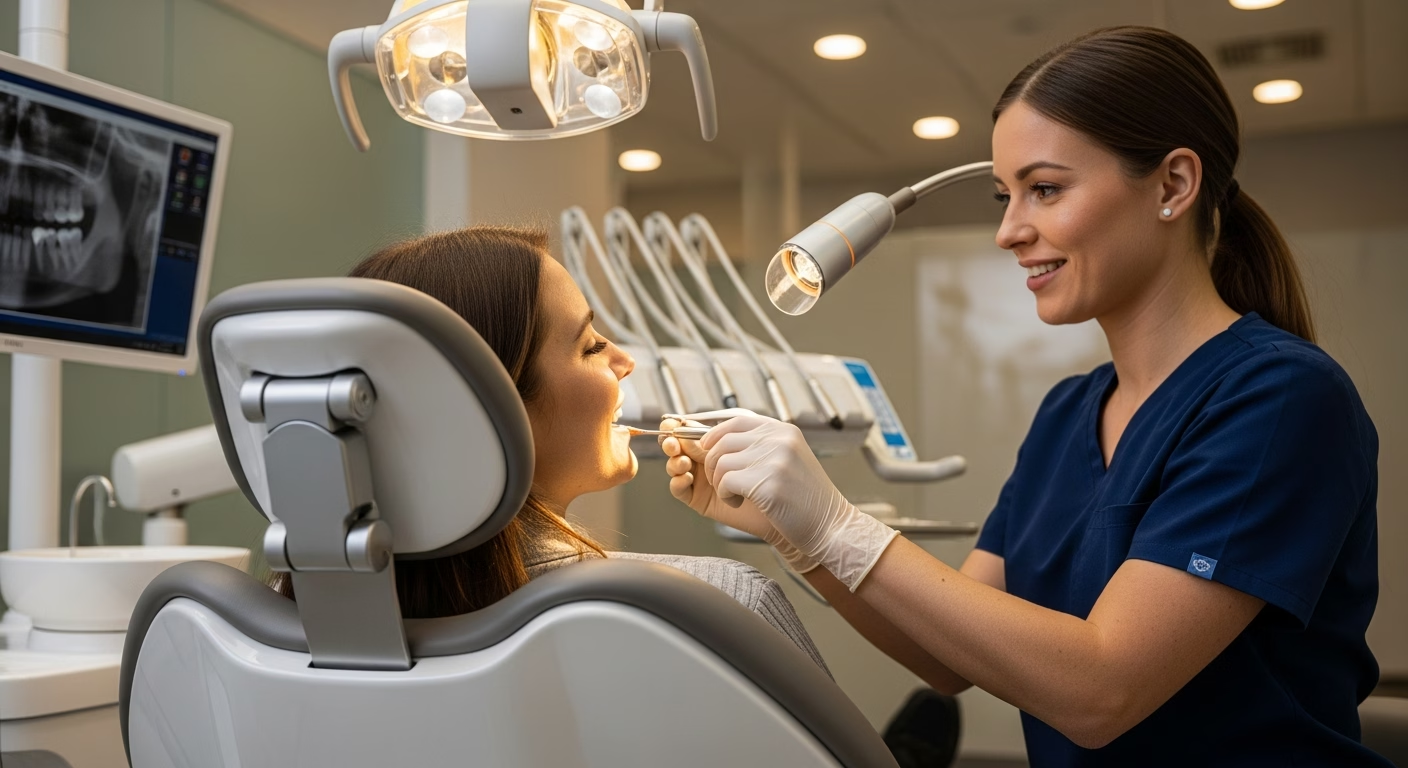
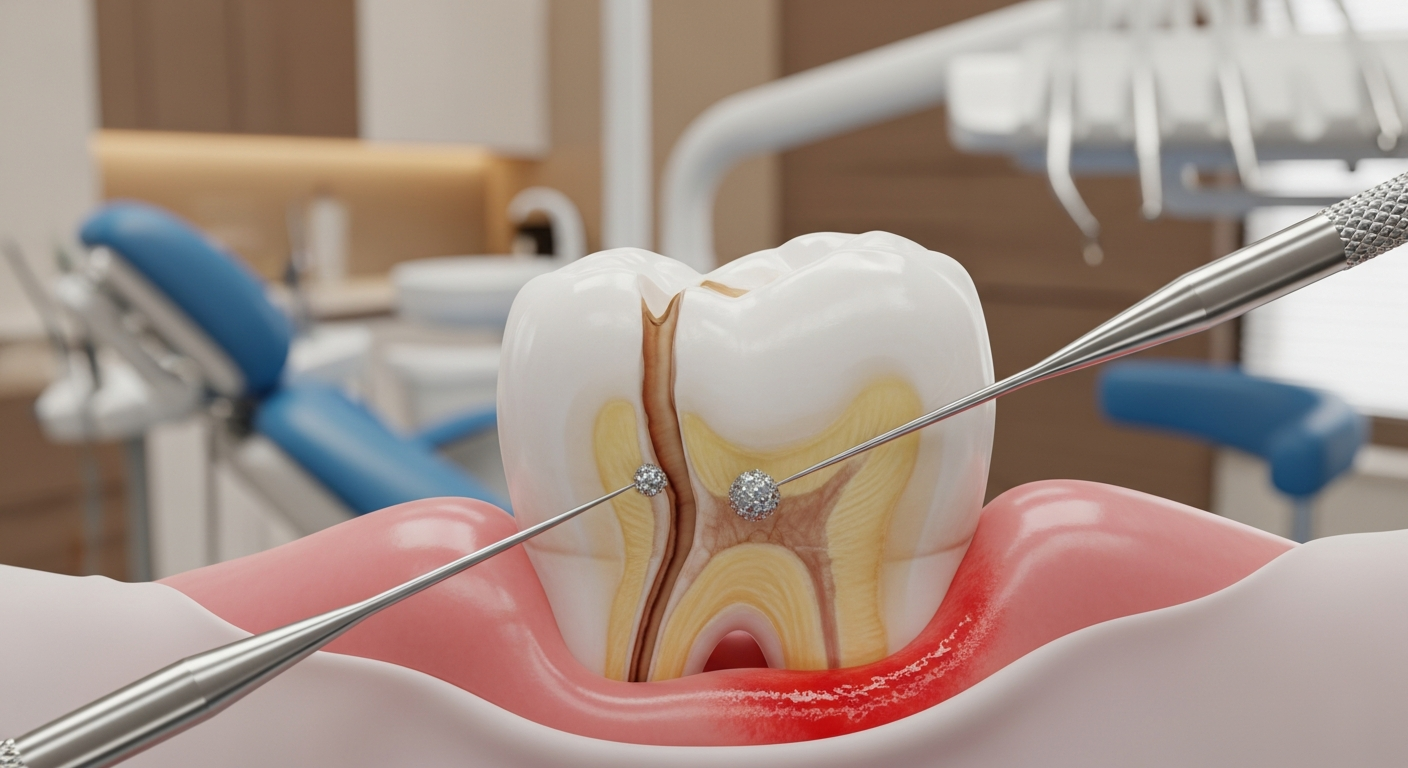




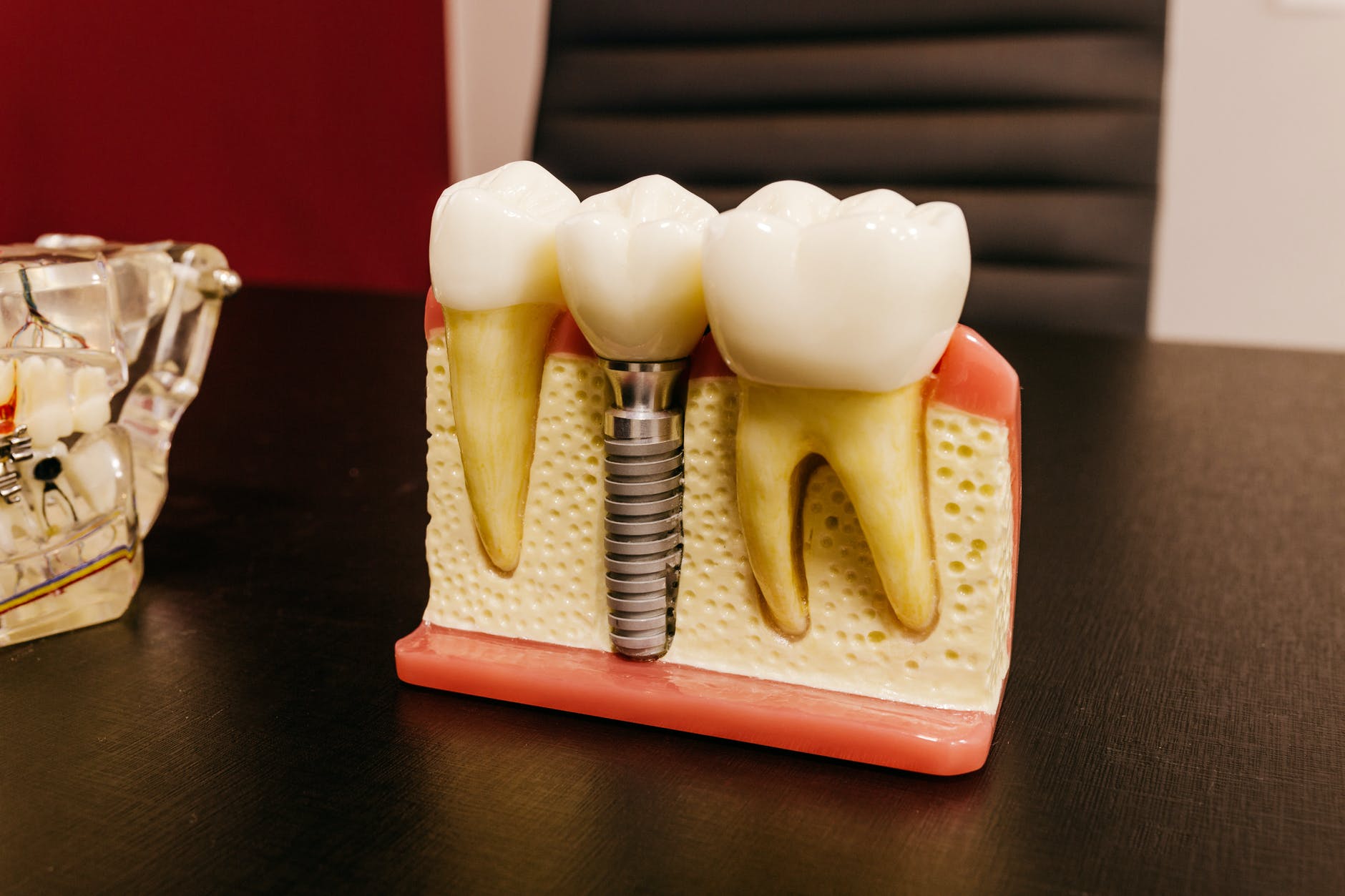


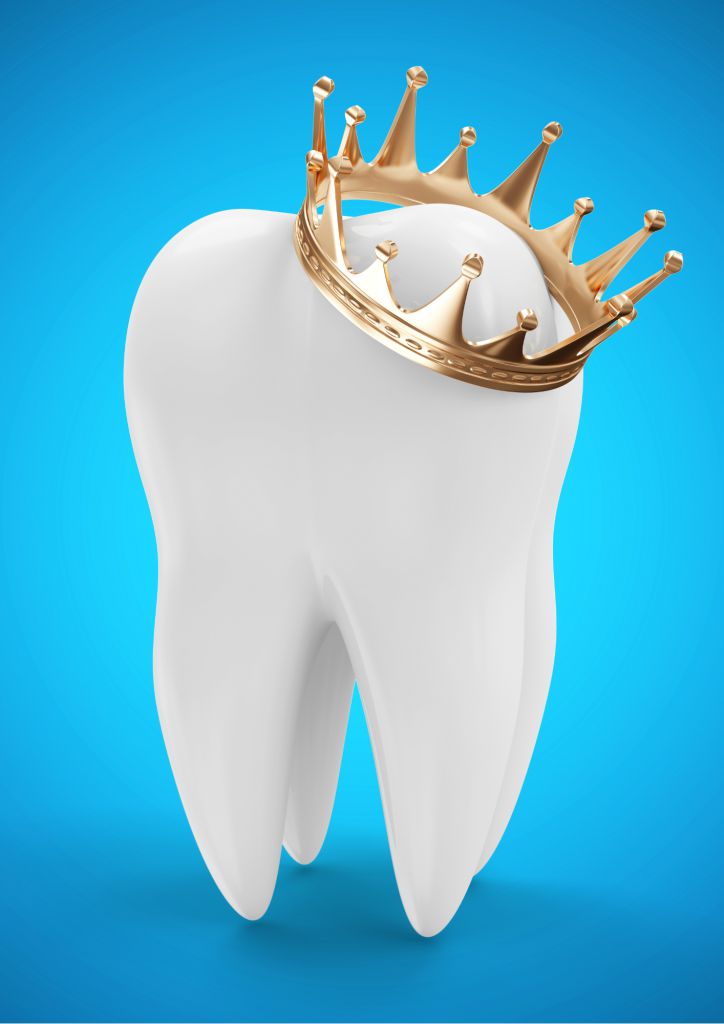



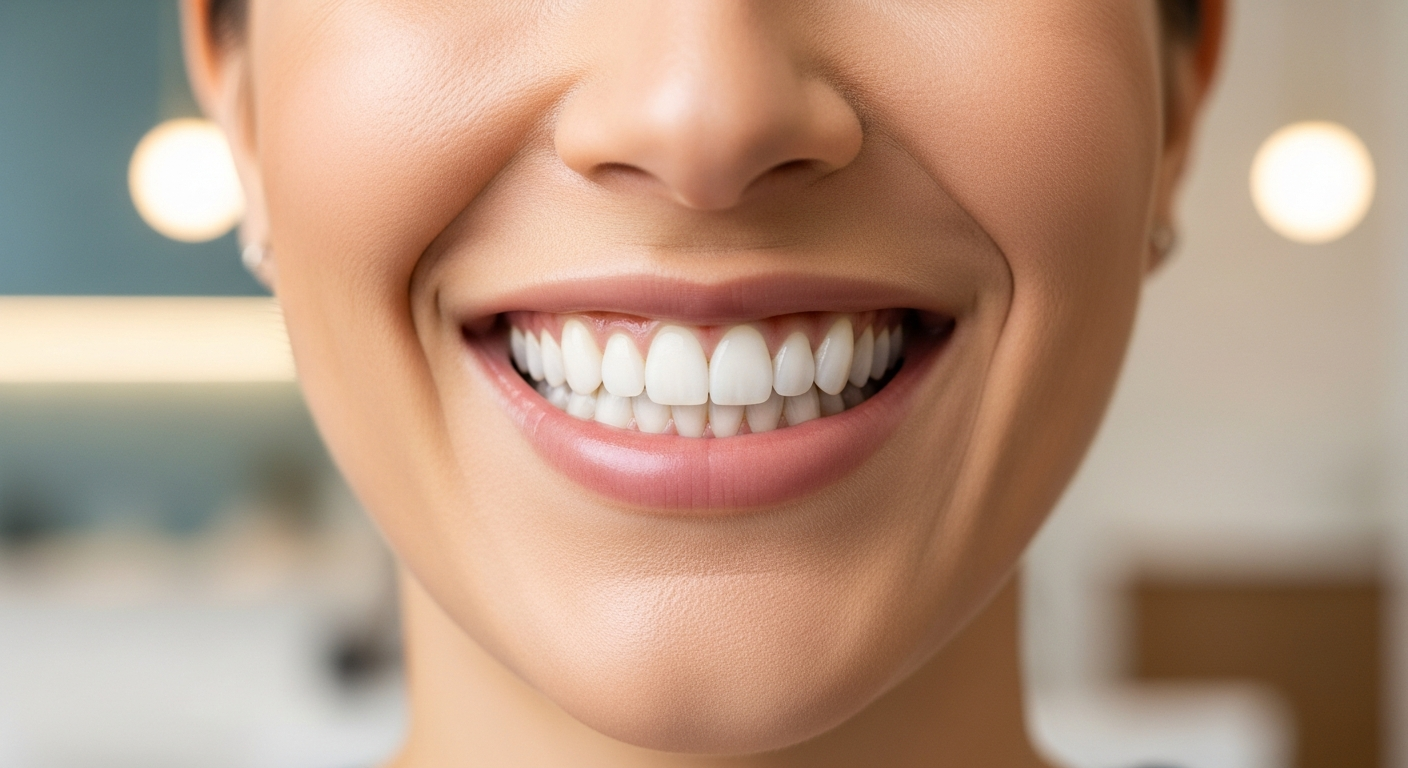



.avif)


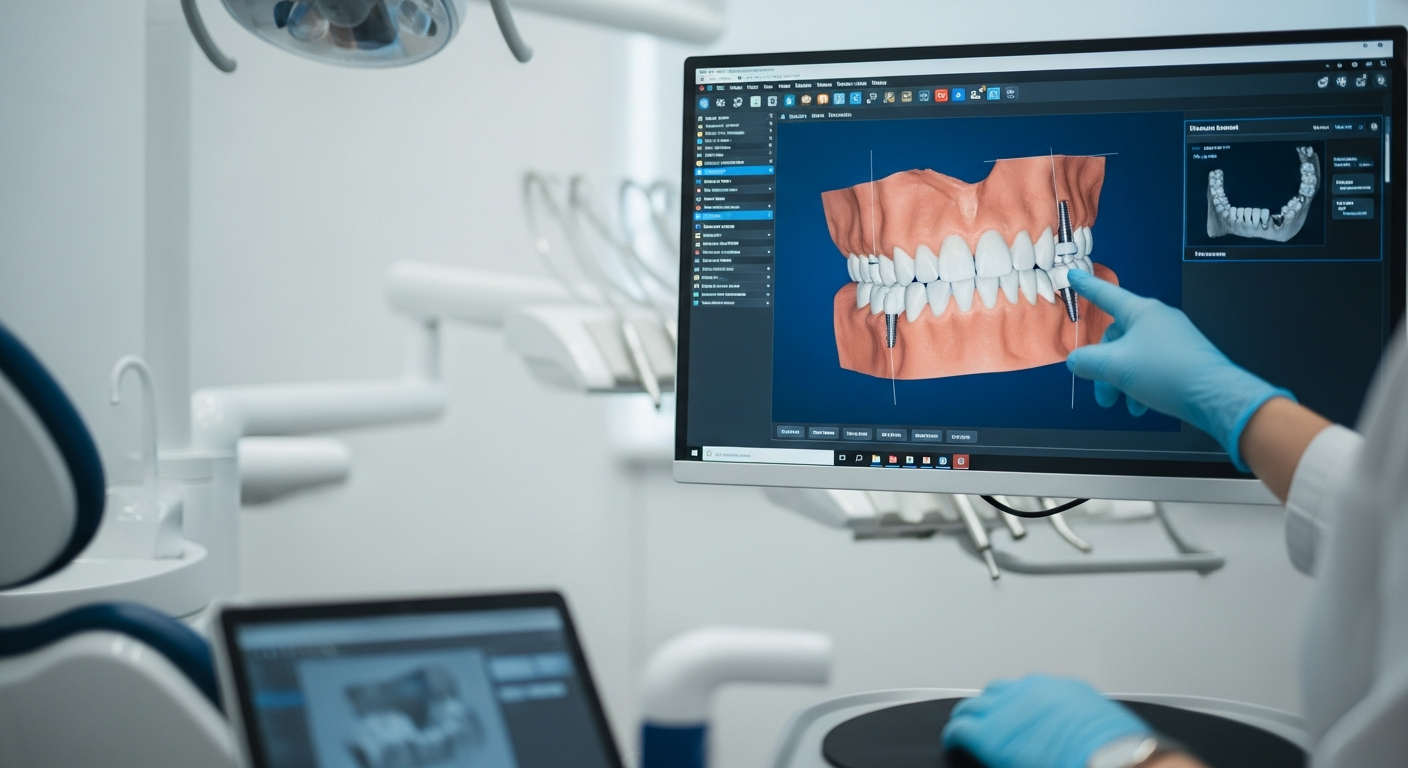



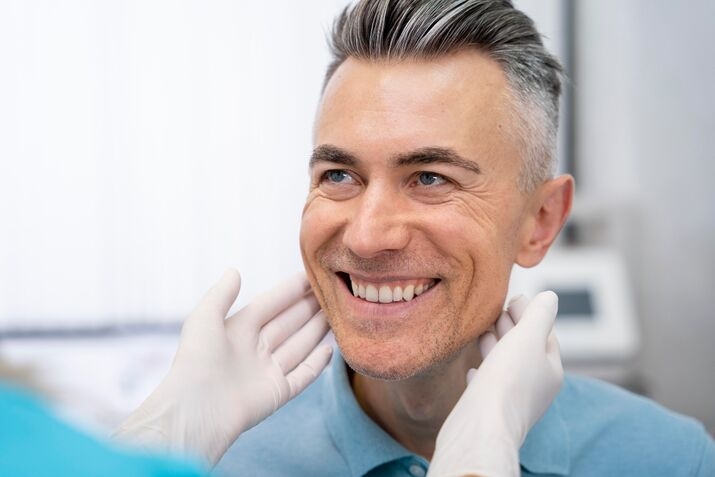
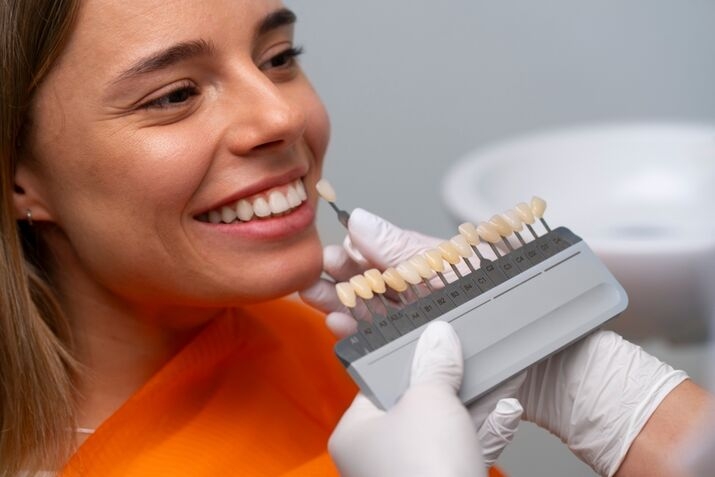
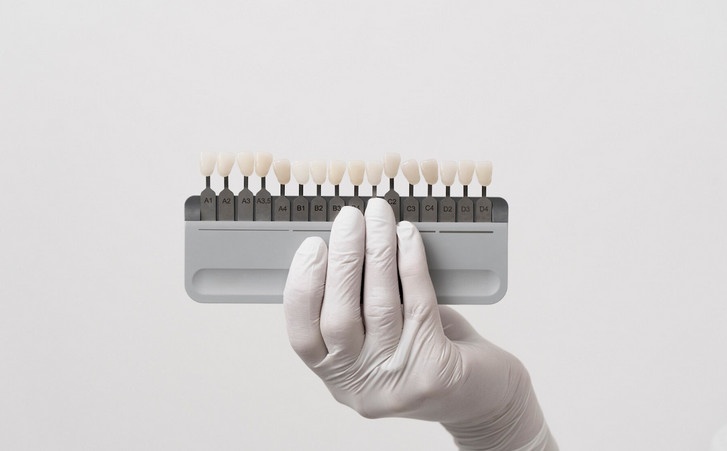

.jpg)


















.avif)


















.jpg)


